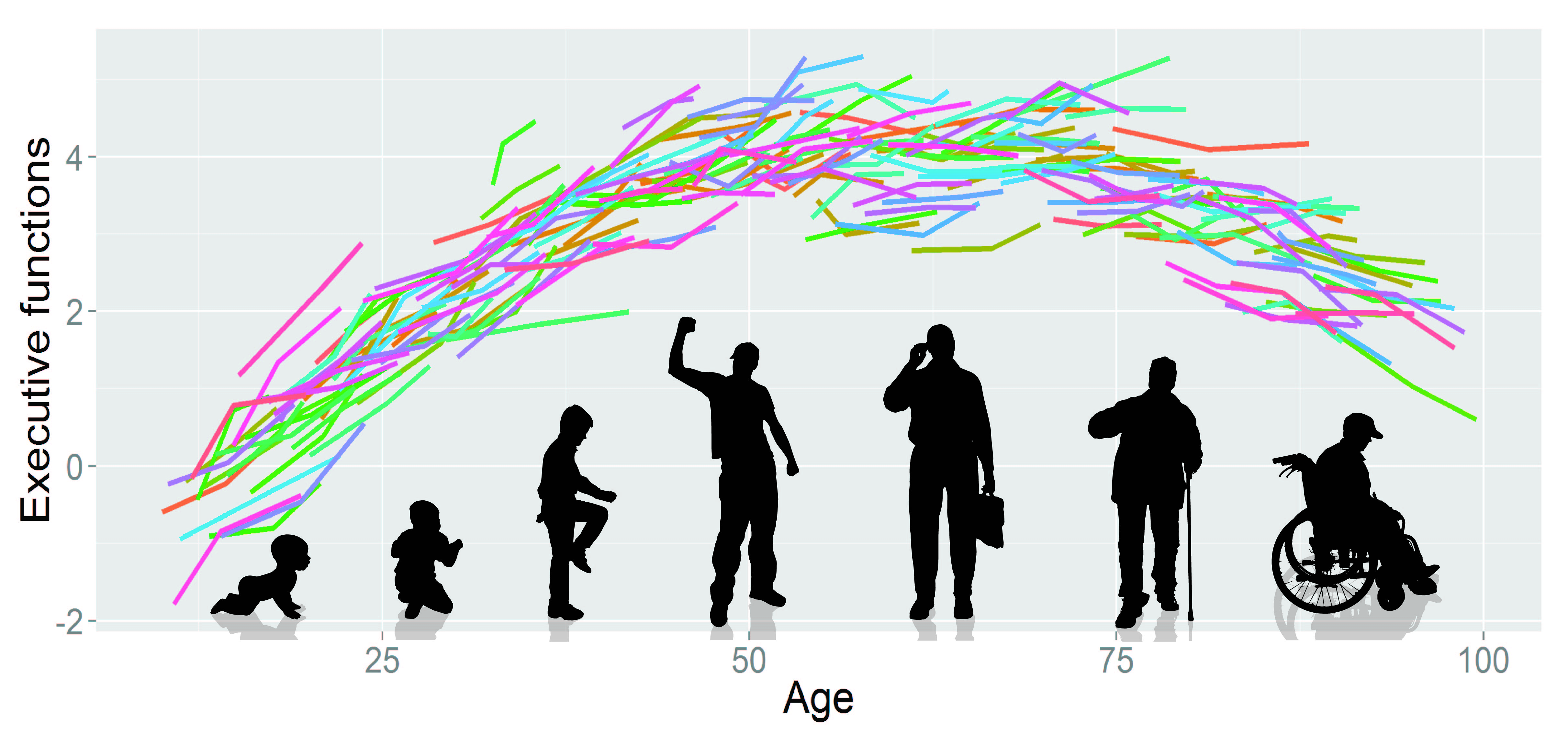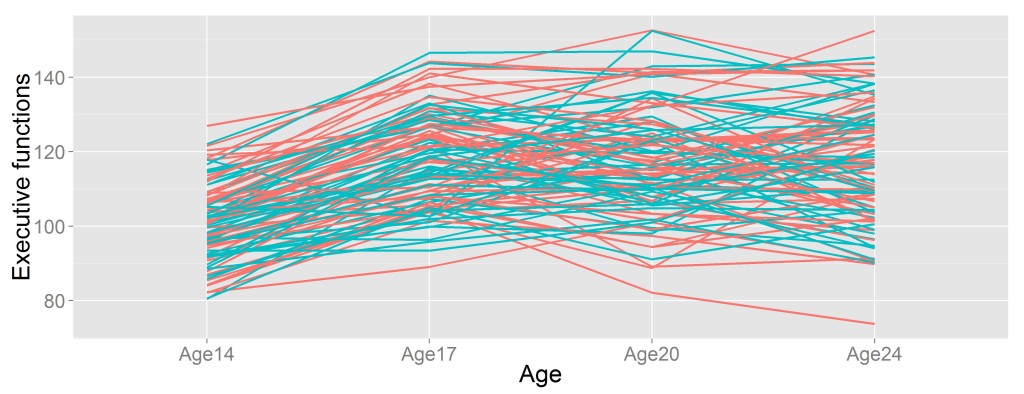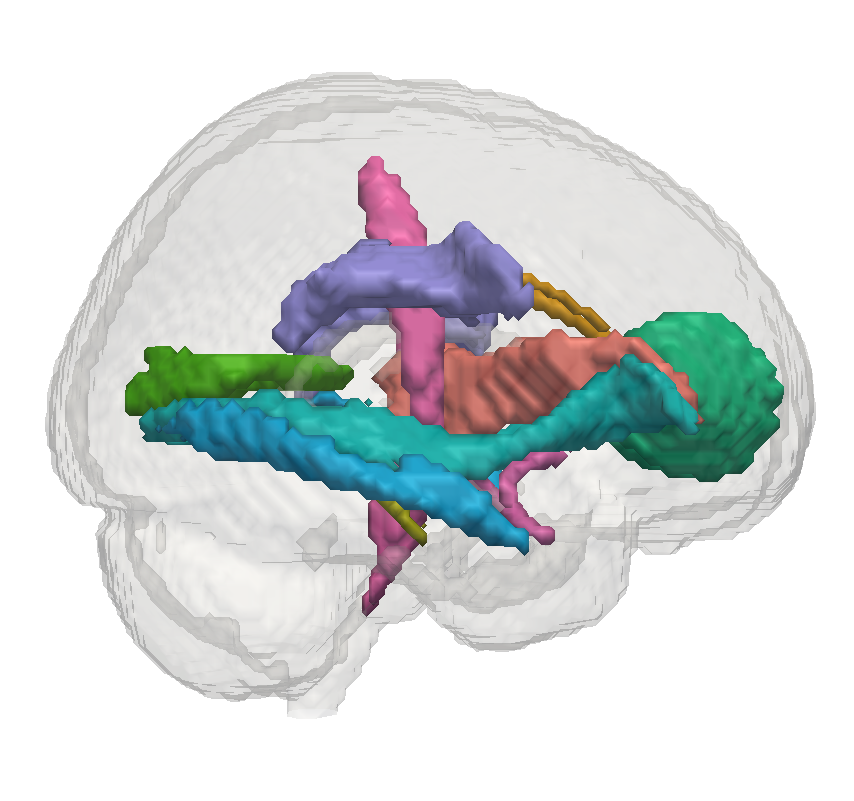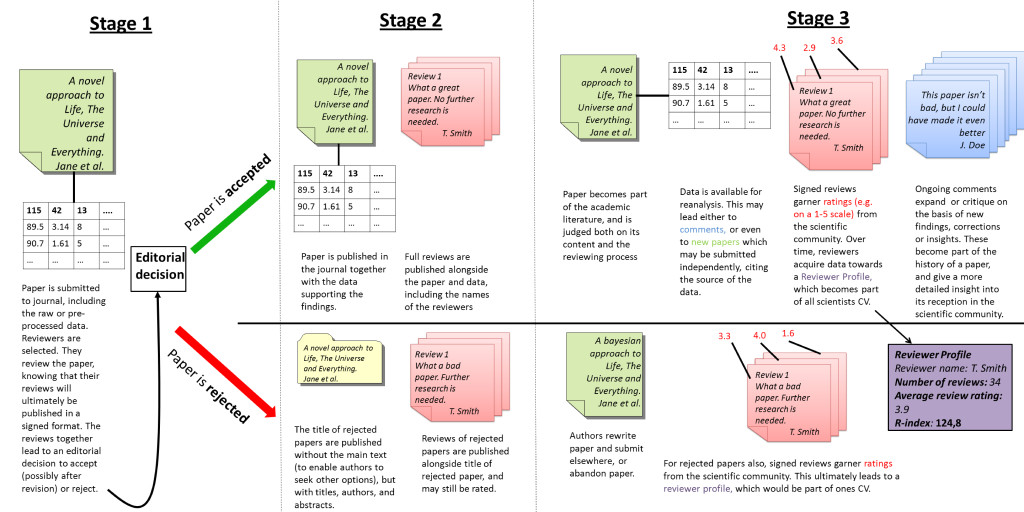My research, generously funded by the Sir Henry Wellcome trust, focuses on using psychometric models to understand neurodevelopmental changes in executive functions. These cognitive abilities, such as reasoning, problem solving and goal management, develop rapidly during adolescence and often show steep decline in old age. They are important for both the individual and for society: Executive functions during adolescence are associated with a variety of socioeconomic, neurological and health outcomes, and preserved executive functions are essential to living and working autonomously in old age.
However, the neurocognitive changes that underlie these important processes are poorly understood, and many key questions are unresolved: What represents optimal brain development? How do changes in brain structure and function interact across the lifespan to support executive functions? Can people recruit additional neural resources to maintain performance? What sets apart people who maintain cognitive abilities into old age? To truly understand these questions, we must study the dynamics of development: how does brain function and structure change across the lifespan, and how does this affect our higher cognitive abilities?
As part of my project as a Sir Henry Wellcome Fellow, my goal is to answer these questions using psychometric techniques in large-sample, multimodal, longitudinal datasets. To do so, I collaborate closely with research groups in London, the University of Cambridge, and the Max Planck Institute in Berlin. Understanding the neural mechanisms that underlie changes in executive functions is a crucial step towards early detection of developmental problems and the potential for neurocognitive interventions.

 MRC Cognition and Brain Sciences Unit
MRC Cognition and Brain Sciences Unit






